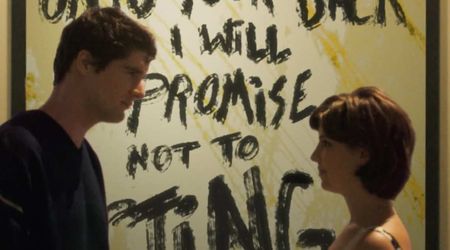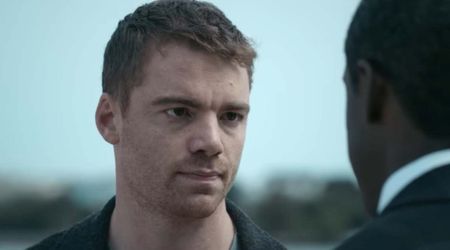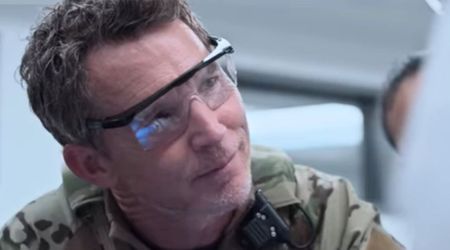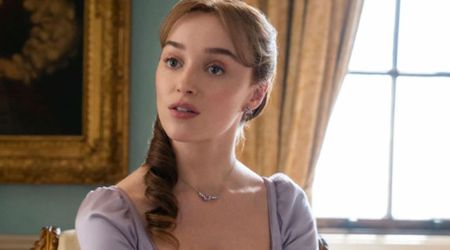'The Crown' Season 3 Review: Queen Elizabeth II's spectacular saga is a postcard of the misery in royalty

Be thine own palace, or the world's thy jail. Who knew even the kings and queens had to abide by that thought? Living in the lap of luxury, aren't the royals blessed with comfort and joie de vivre? A second glance through the looking glass gives a reality check. It peeks at the games of thrones and mocks how their poor, wretched souls are crushed under the weight of the castle. Third time's a charm for 'The Crown' writer and creator Peter Morgan who manages to show the cracks in the polished mirrors of a palace.
On a grey morning in 1964, Queen Elizabeth II looks at her reflection in two portraits standing side-by-side. "Age is rarely kind to anyone," says Olivia Colman—as she takes the reins from Golden Globe and Emmy winner Claire Foy. "One just has to get on with it." Even with a fresh set of faces in season three, it only takes a matter of minutes to adjust the rearview mirror and delve deep into the story that takes a leap after the last episode titled 'Missing Man'.
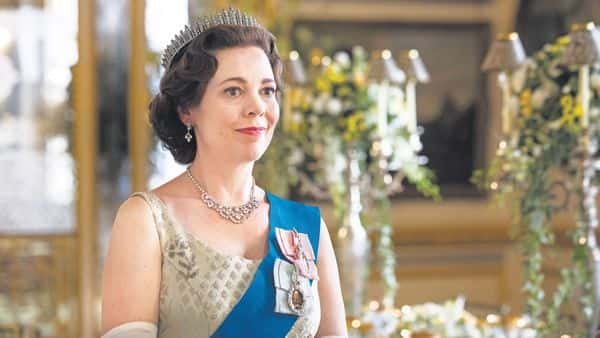
The first episode 'Olding' teaches the Queen a lesson on two-faced personalities and brings Prime Minister Harold Wilson (Jason Watkins) into the picture as Winston Churchill (John Lithgow) breathes his last. But it is the third episode 'Aberfan' that twitches emotional chords. Painting a dark portrait of the tragedy that took the lives of 116 children and 28 adults, it unleashes a humane side of the Queen.
Leadership has taken a toll on humanity inside her heart and it reflects in her lack of emotions and incapacity to weep. "We can't be everything to everyone and still be true to ourselves," Wilson's advice to her is good as gold. "In a way, your absence of emotion is a blessing. No one needs a state of hysteria from a head of state." Colman's performance is a marvel to behold, especially in the last scene of episode three where she finally lets a tear trickle down her cheeks.
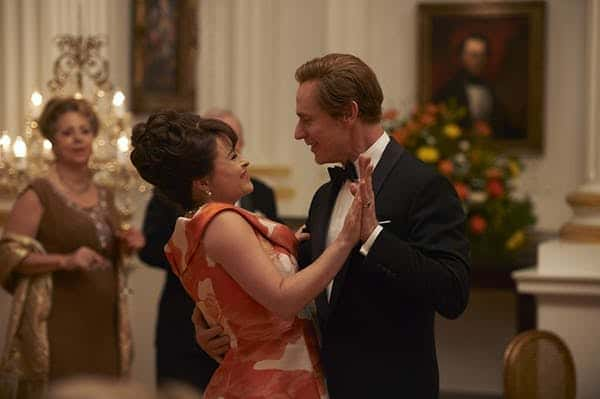
But the season is not just a tale about the Queen's struggle. Happiness is mysteriously elusive to all members of the Royal Family. Swinging a glass of martini and blowing cigarette smoke in the air, Helena Bonham Carter encapsulates Princess Margaret's rage, elegance, pomposity, and misery on-screen with brilliance and perfection. A spectacle to watch, she breathes new life into the sibling rivalry in 'Margaretology' and her extramarital affair with gardener Roddy Llewellyn in the finale.
The season's best pick seems to be Tobias Menzies as Prince Philip—who transitions from a bitter second fiddle to a compelling character. The wonder in his eyes at the Appollo 11 Moon Landing and his camaraderie with Dean Robin Woods leave an unforgettable imprint. Josh O'Connor as Prince Charles woefully stages his love affair with Camilla Shand—that began with a hush and died too fast. The star-crossed lovers don't see a happy ending and the actor brings a persona exactly opposite to his family's expectations—a soft, aloof and sentimental fool that draws more similarities to the runaway rebel Duke of Windsor.
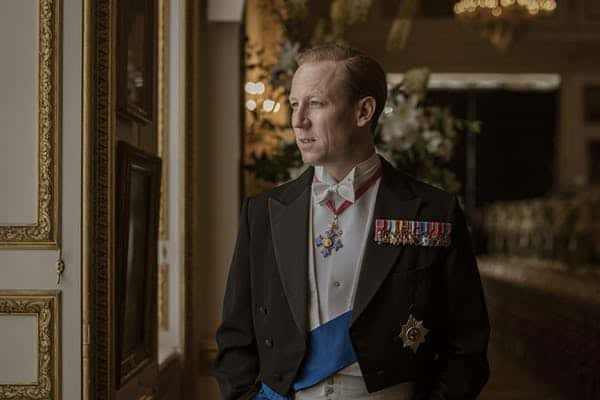
Charles Dance sprinkles a dose of drama with his personification of Uncle Dickie—Prince Philip's close relative Lord Louis Mountbatten. With a short screen presence, Marion Bailey also shines as the crude Queen Mother, especially in the scene where she exclaims, "A cri de coeur, rather than a coup de grâce!" for her own daughter's suicide attempt.
Needless to say, the dialogues have a magic touch as they transport viewers into the Second Elizabethan age. The dexterous and delirious cinematography adds finesse to the script. If there is one weak spot, it is in the muddled timelines and overtly fictionalized storylines. Superfluous melodrama and flawed chain of events are perhaps the only factors that dampen hopes while binge-watching the splendid series.
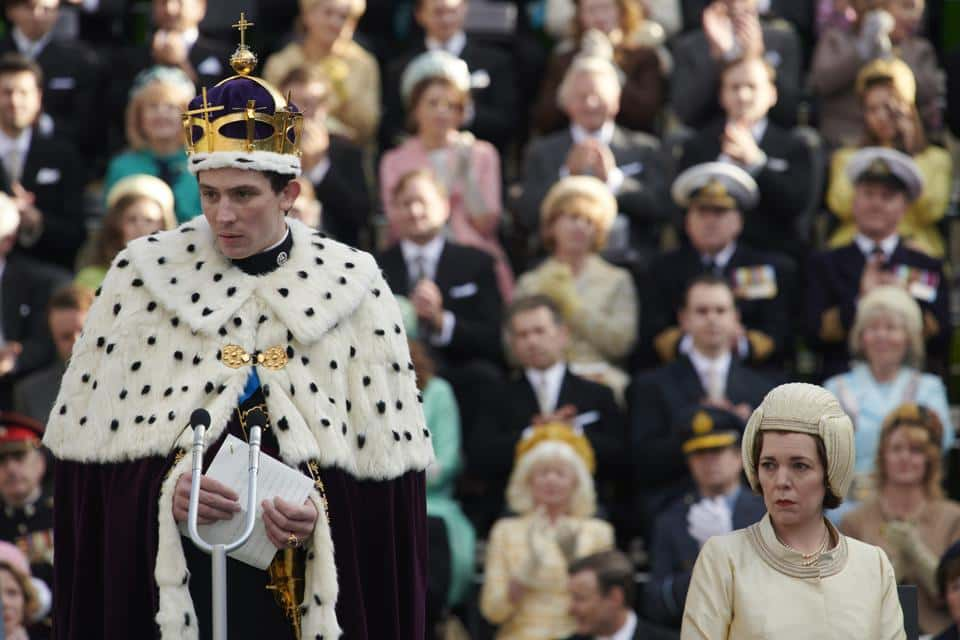
Worthy of four stars, it is commendable how 'The Crown' immaculately shatters the illusions that the Buckingham Palace doors open to the joys of spring. Season three shows the real side. It jeers at how the royals lock up their misery and cover a multitude of sins by burying their heads in the sand.
The last few lines will ring in your ears whenever you think of another Queen's life: "It's only fallen apart if we say it has. That's the thing about the Monarchy. We paper over the cracks. And if what we do is loud, grand and confident enough, no one will notice that all around us it's fallen apart."

